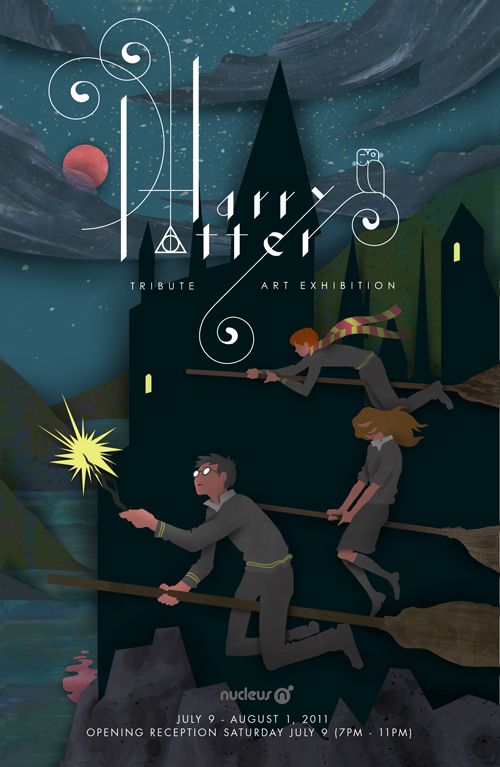“Until I feared I would lose it. I did not love to read. One does not love breathing.”
-Harper Lee

I remember the magic of being young, standing in the library holding a book about dragons and dancing princesses, imagining my own epic universes.
Reading has always been a joy in life: a way to experience empathy and connect with characters across cultures and time periods.
It’s also a skill I take for granted.
With the rise of technology, the ability to read has become essential to navigating the modern world. Over the past few months, I’ve been teaching English to Latino immigrants with LUCHA Ministries. We practice vocabulary and simple sentences. We go over filling out forms and giving directions to the grocery store.
On my first day of class, I met a woman named Sara from Guatemala. She has a son, a husband and a little girl. She has a quick and easy smile. She is brave and smart and resilient.
Sara cannot read.
Sara cannot read in Spanish.
When she told me she could not read in her native language I accepted it easily.
We went over the alphabet; I went home. Two months passed. We continued to work on the alphabet, pronunciation and simple vocab. I knew Sara couldn’t read, but I didn’t really think about what that meant.
One evening I was sitting at the kitchen table reading a magazine when I saw the Harper Lee quote.
“Until I feared I would lose it. I did not love to read. One does not love breathing.”
And I stopped.
Sara cannot read.
Every day she sees signs, nutrition labels, novels and paperwork. She is in another country and cannot communicate fully with everyone around her.
What must it be like to live in a world without written words?
How does she live?
Literacy is not the cure-all of every social ailment. Sara contributes to society, cares for her children, loves her husband and brightens others’ days without the ability to read and write.
But I know from the way she eagerly captures the letters in her notebook, pouring over the alphabet like it’s sacred text, that she feels the loss.
Sara comes week after week, making gradual process, laughing as she goes.
I used to dismiss her illiteracy as just another problem to be solved, but now I realize her story must serve as a reminder to not take my own literacy for granted.
I can use reading and writing as a tool to empower my community. I can write to change the world.
- To find out more about LUCHA visit here
- To start an ESL program at your church, mosque, temple or organization visit here
- Resources for Texas churches and nonprofits through Literacy Connexus


Leave a Reply